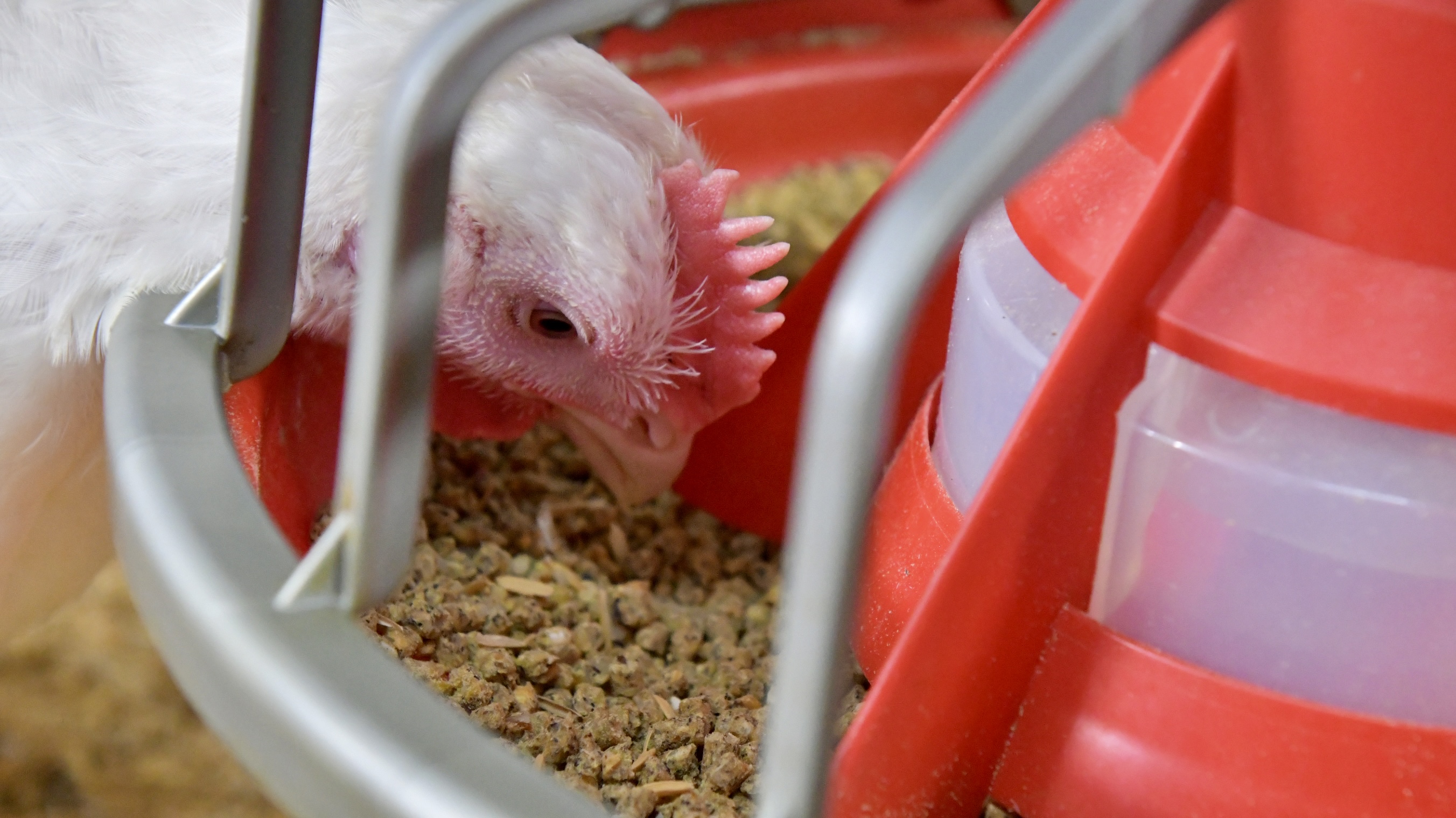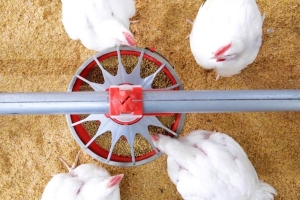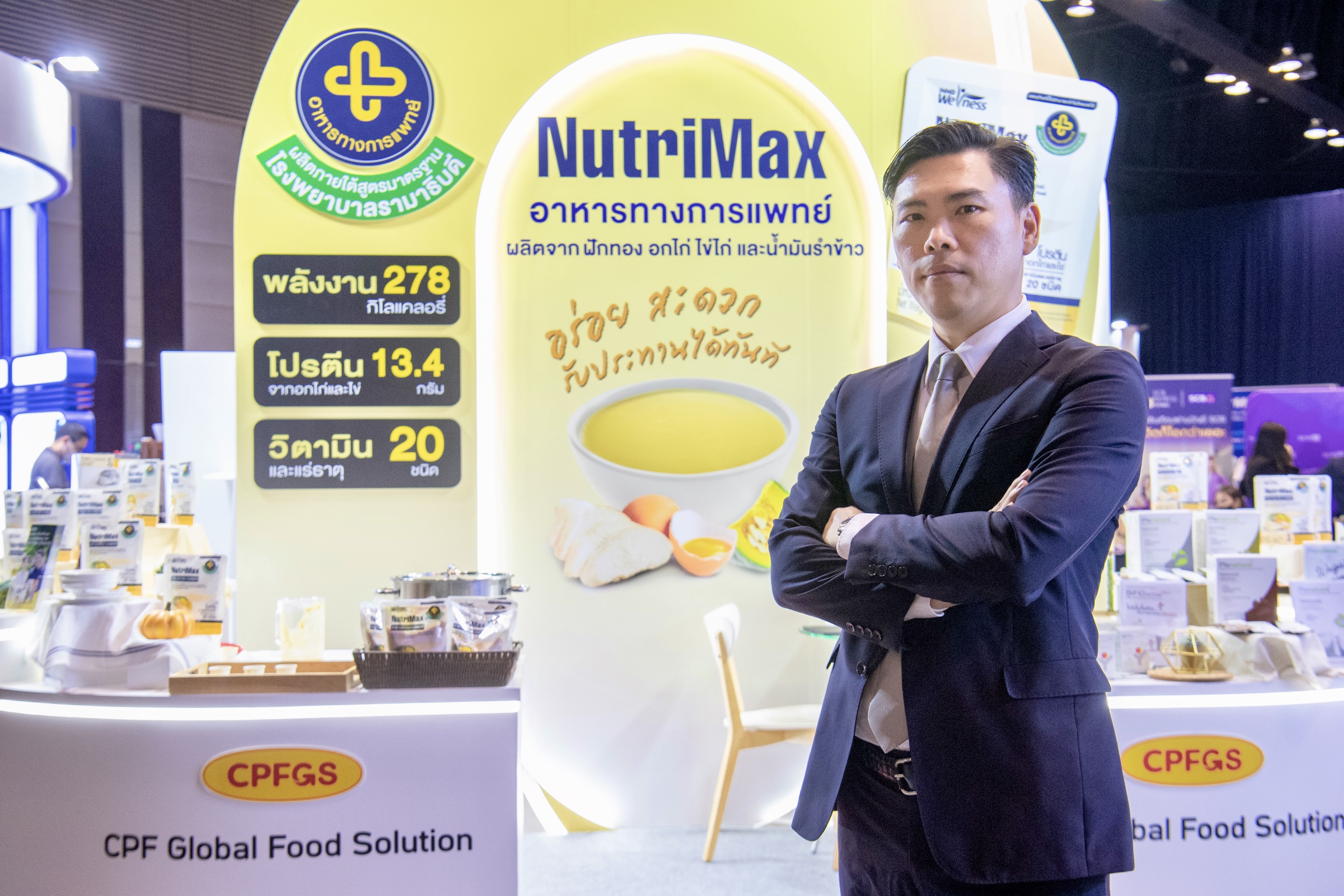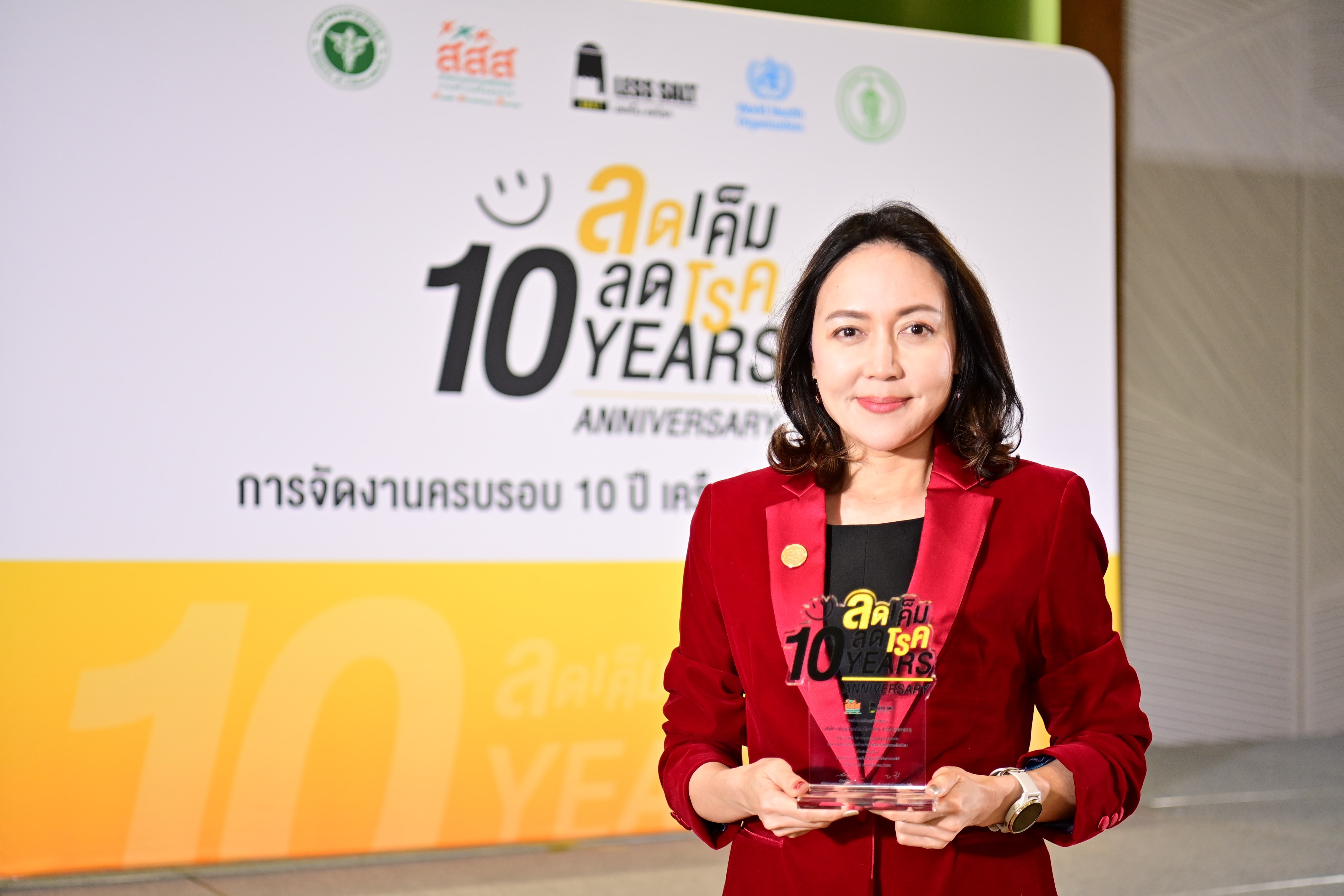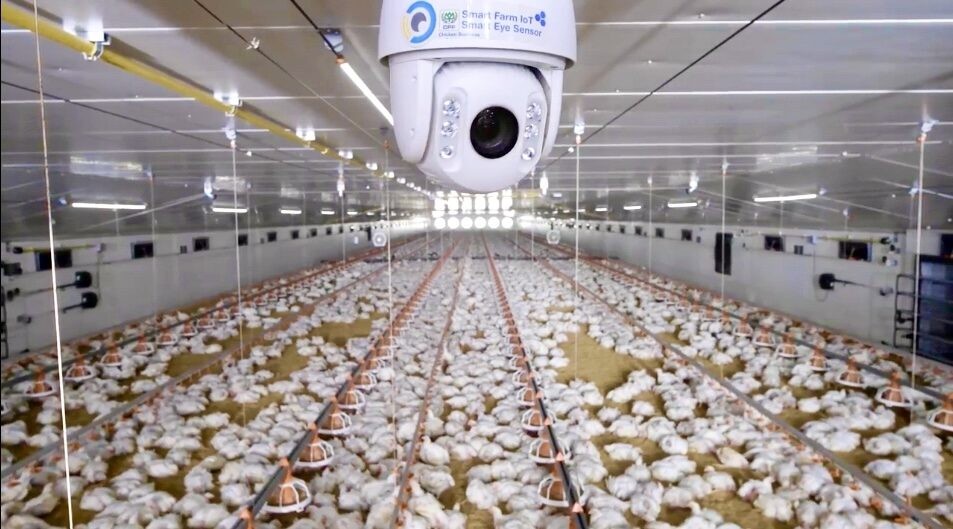

In an era where the global agriculture and livestock industries are rapidly evolving, Sustainable Animal Welfare stands at the heart of holistic developing a secure, safe, and environmentally friendly food system. It plays a pivotal role in achieving the Net Zero greenhouse gas emissions target, paving the way for a better future for all living beings on Earth.
Today livestock industry faces multifaceted challenges, including climate change, increasing demand for sustainable food, and rising concerns about animal welfare. Striking a balance between enhancing productivity, preserving the environment, and ensuring the well-being of animals has become essential. This transition also serves as a driving force for the poultry industry to move toward sustainable agricultural practices.
Global agribusiness leaders, including Charoen Pokphand Foods Public Company Limited (CP Foods), recognize the importance of transitioning from traditional livestock practices to Smart Farming systems.
By integrating the principles of Sustainable Animal Welfare, these companies aim to optimize efficiency and balance the relationship between humans, animals, and the environment. That should be a holistic approach.
At the core of this approach is the application of the Five Freedoms of Animal Welfare, which serve as a foundation for sustainable livestock management, focusing on:
- Freedom from hunger and thirst
- Freedom from discomfort
- Freedom from pain, injury, and disease
- Freedom to express normal behavior
- Freedom from fear and distress
These principles not only improve the quality of life for animals but also reduce the need for antibiotics, prevent disease, and enhance the quality of meat. This approach minimizes environmental impacts, such as greenhouse gas emissions, while enabling farmers to reduce costs and sustainably increase production in the long term.
Dr.Payungsak S.tanagul (DVM.), Deputy Director of Farm standard and Regulation, Charoen Pokphand Foods Company Limited explains that CP Foods places great emphasis on utilizing modern technologies such as the Internet of Things (IoT), Artificial Intelligence (AI), and automated sensors in Smart Farming systems. These tools provide real-time, precise monitoring of animal health, farm management, and optimal environmental conditions. By reducing stress and preventing disease outbreaks, these practices elevate animal welfare standards to global benchmarks.
Additionally, the use of Big Data and Cloud-based Data Management enables efficient farm operations, predictive analytics, and long-term operational improvements. These technologies enhance decision-making processes and optimize resources across the supply chain.
Food-importing countries are increasingly imposing stringent requirements for responsible sourcing of raw materials such as feed-grade corn, palm oil, and soybeans. These materials must be legally produced, traceable, and free from deforestation. CPF has committed to achieving a Zero Deforestation target by 2025, ensuring sustainable sourcing practices across its supply chain.
Sustainable animal welfare represents a transformative force in the livestock industry, contributing to food security, production efficiency, and environmental preservation. This approach ensures that all forms of life can coexist sustainably, fostering a harmonious balance between humans, animals, and our planet for a better future.
Embracing sustainable animal welfare practices, we can create a world where progress does not come at the expense of others, allowing humanity to thrive alongside nature in a truly balanced ecosystem.






